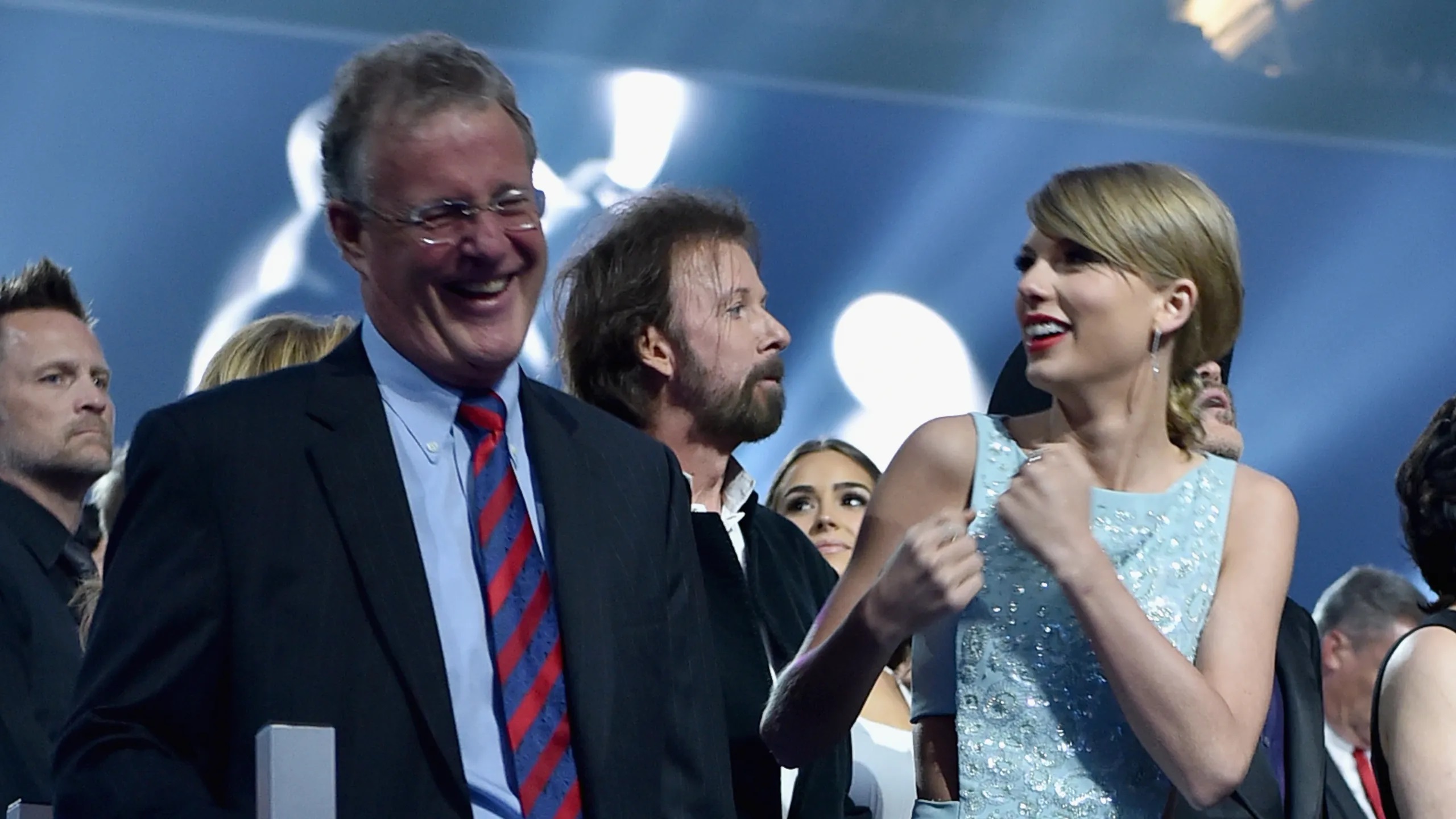In October 2024, a Facebook post claimed that Taylor Swift had declined an invitation to perform alongside other prominent artists at a benefit concert for hurricane victims. The claim quickly gained traction, amassing thousands of shares and reactions. However, as the dust settled, it became clear that this claim was not based on fact but rather on a satirical interpretation of events.
The rumor originated from the Facebook page America’s Last Line of Defense (ALLOD), known for its satirical content. It specifically referenced the recent hurricanes, Helene and Milton, which had wreaked havoc across the U.S. Southeast. The post alleged that popular artists like Kid Rock, Jason Aldean, Blake Shelton, and Jelly Roll would perform, while Swift had turned down the opportunity. This misconception sparked outrage and disbelief among fans and followers online.
As with many viral claims today, it is crucial to approach such stories with skepticism. In this case, the satirical nature of the source was often overlooked by many readers. This incident serves as a prominent reminder of the importance of fact-checking and understanding the context in which information is presented in the digital age.
Understanding the Claim
The claim about Taylor Swift's supposed refusal to perform for hurricane victims was rooted in a misunderstanding of the source material. The original post from ALLOD is part of a broader trend in which misinformation can easily spread online, especially when it touches on emotional topics such as natural disasters. This situation highlights the need for critical thinking when engaging with content on social media.
Origin of the Rumor
The post that sparked the controversy was created by ALLOD, which openly identifies itself as a satirical platform. Their tagline, "Nothing on this page is real," should have been a clear indicator that the post was not to be taken seriously. Unfortunately, this disclaimer was lost on many who were quick to react without verifying the information.
Impact of Viral Misinformation
This incident exemplifies how viral misinformation can have real-world consequences. Fans expressed their outrage toward Swift for allegedly turning her back on those in need. Such reactions can lead to unwarranted backlash against celebrities, affecting their public image and personal lives.
The Reality Behind the Rumor
In reality, there was no evidence to support the claim that Taylor Swift declined to participate in a benefit concert for hurricane victims. Not only was there a lack of confirmation from credible sources, but Swift has a history of charitable contributions, including a significant donation to hurricane relief efforts.
Swift's Charitable Actions
Swift's involvement in charitable causes is well-documented. For instance, she donated $5 million to Feeding America for hurricane relief. Such actions reflect her commitment to supporting those affected by disasters, opposing the narrative portrayed in the viral post.
Addressing the Misinformation
Fact-checking platforms like Snopes have previously addressed similar claims involving Swift and other artists, emphasizing the necessity of verifying information before sharing it. This proactive approach helps mitigate the spread of misinformation, ensuring that audiences receive accurate narratives.
Conclusion
The case of the viral claim about Taylor Swift's alleged refusal to perform at a hurricane relief concert underscores the complexities of navigating information in the digital landscape. It highlights the need for both consumers and creators of content to exercise caution and responsibility. As social media continues to play an influential role in shaping public perception, it's essential to prioritize accuracy and transparency in all communications.
In a world where misinformation can spread rapidly, staying informed and critical of sources is more important than ever. Let's make it a point to fact-check before sharing and contribute to a more informed society!
- Patrick Flueger Relationship
- Anton Lavey Daughter
- Massey Park California
- Is David Jason Muir Married
- Aaron Pierre
- Daniel Jack Neeson
- Simon Cowell Son Disability
- Kim Hye Yoon Husband
- Oprah Diddy Connection
- Preet Jatti




